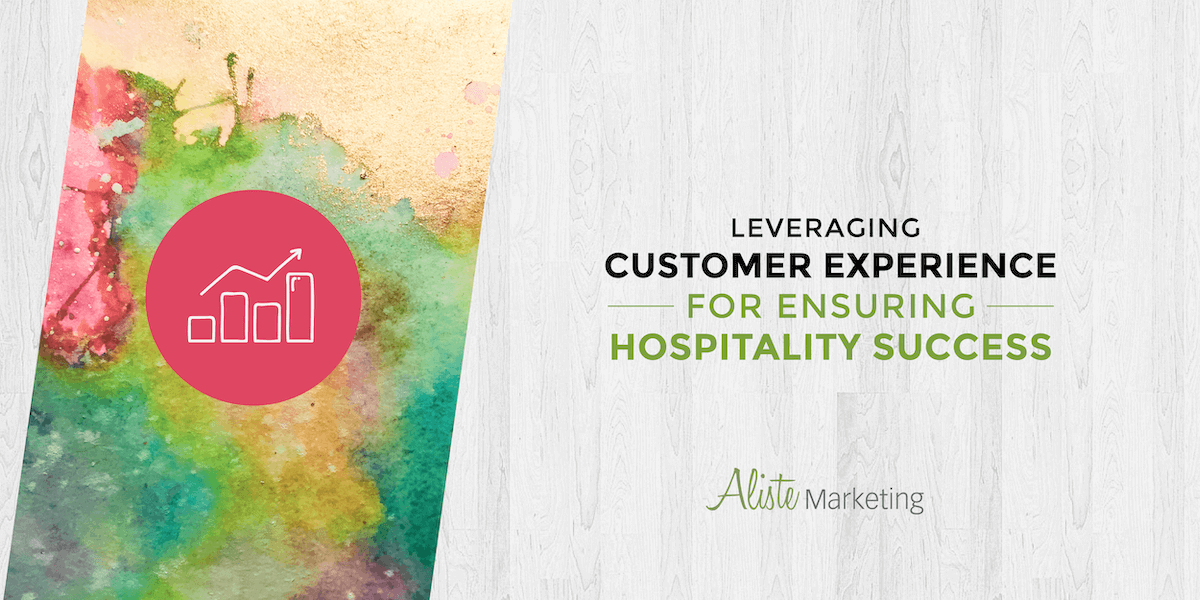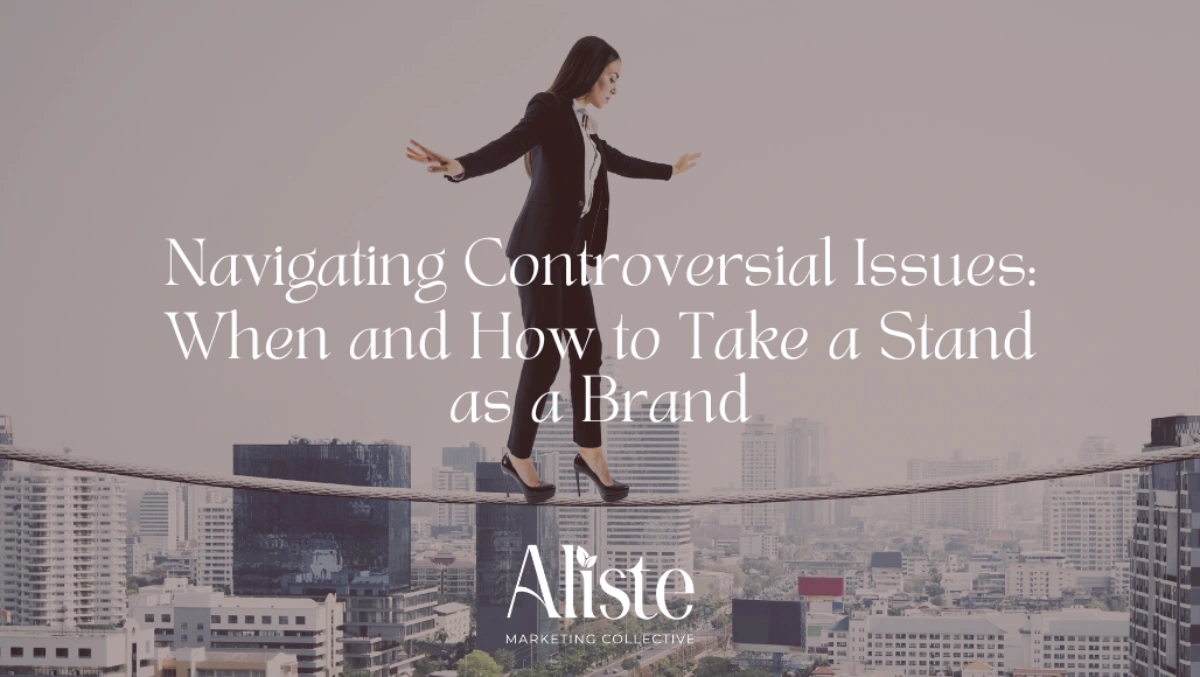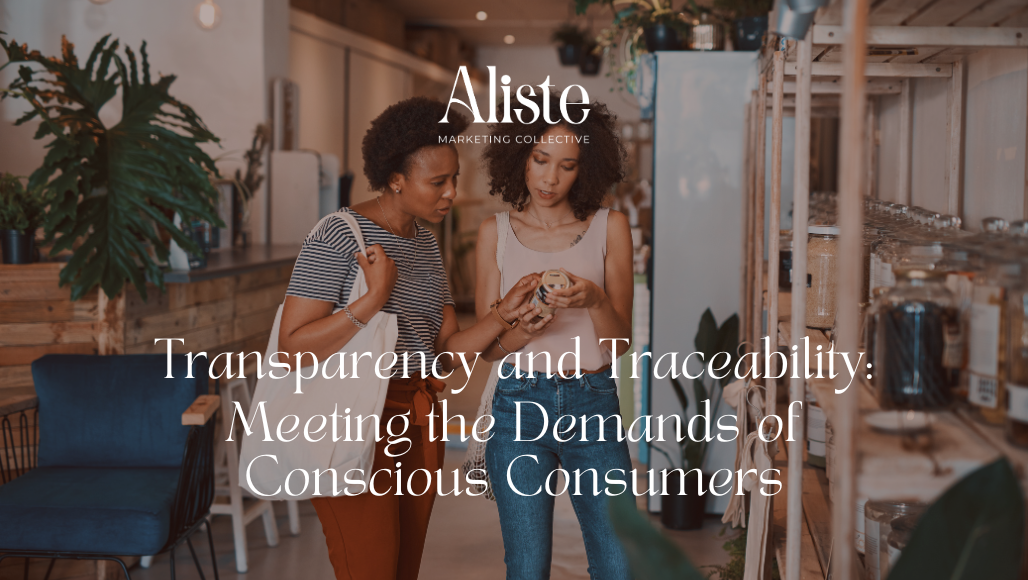Leveraging Customer Experience for Ensuring Hospitality Success
Imagine staying at a hotel where the minibar is stocked with nothing but your favorite drinks and snacks — even if you’re not paying VIP prices.
Or enjoying a fully-customized around-the world adventure that gives you insider access to some of the globe’s most exciting destinations.
Or shopping for exquisite jewelry and watches while you enjoy a decadent high tea that not only consists of freshly baked scones and loose-leaf tea, but also some of the world’s best champagne.
Just a few years ago, these sensory marketing experiences would have sounded like far-flung fantasies — but today, each one is a reality.
True to the Virgin brand, Virgin Hotels puts a whole new — yet affordable — spin on the hospitality experience.
Here, WiFi is free, accommodations consist of two chambers for enhanced privacy and relaxation, and an adjustable ergonomic bed allows for several comfortable positions.
The mobile app offers a personal comfort assistant, LUCY™, which allows you to control the climate in your room, order room service, live chat with the concierge and much more. And if you want to bring your best friend, Virgin even offers pet-friendly chambers that come with their own dog beds — plus a stylish bandana!

Four Seasons Hotels and Resorts offers a series of once-in-a-lifetime adventures, including a trip around the world in a private jet, which combines a tailor-made itinerary with a top quality Four Seasons experience.
Possibilities include:
- observing mountain gorillas in Rwanda
- enjoying the pristine beaches of Bora Bora
- exploring the Taj Mahal.
You get your own 24/7 personal concierge, a dedicated travel planner, an on-board executive chef, a dedicated luggage concierge, a journey physician and, of course, a Four Seasons-trained cabin crew. Talk about hospitality!
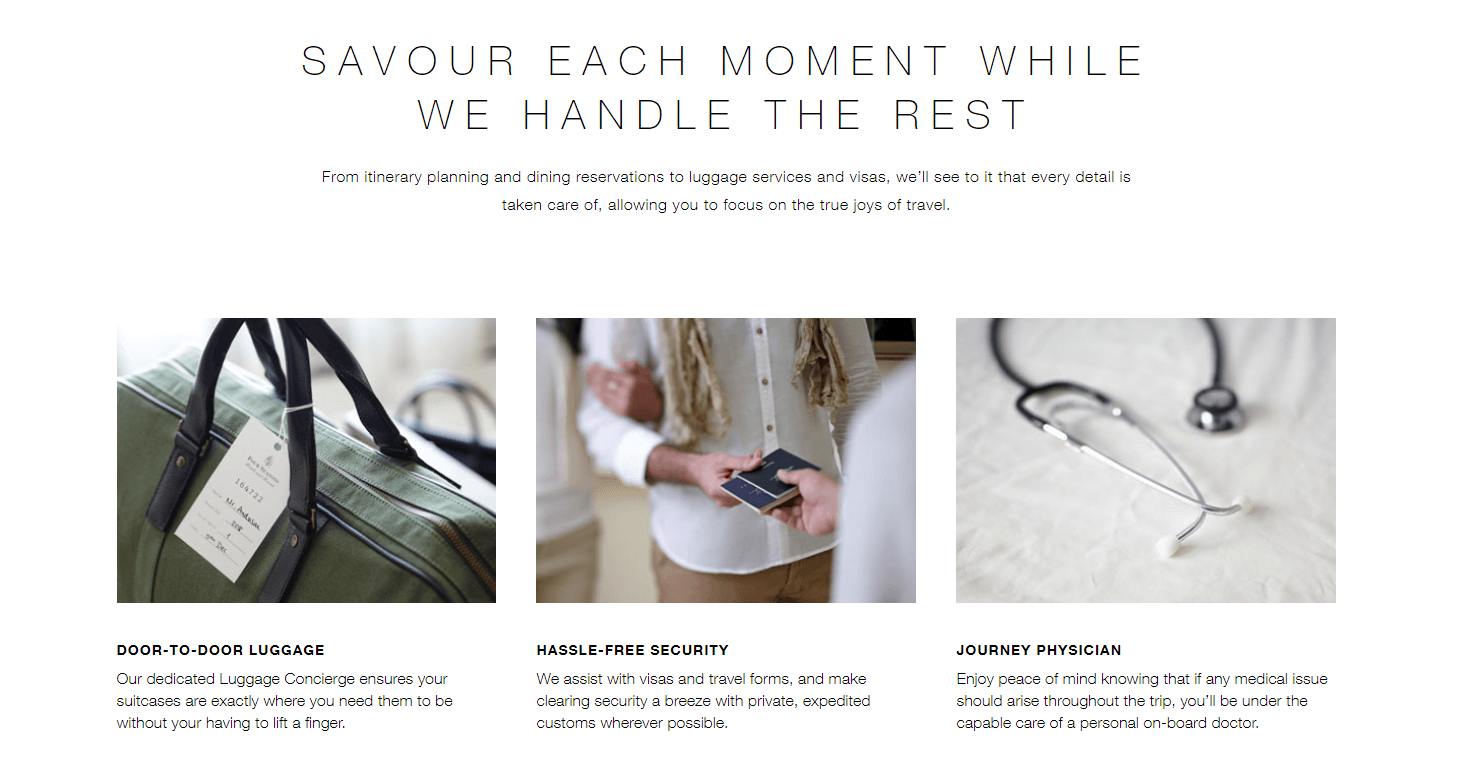
With its partnership with the jewelry brand Graff Diamonds, the Ritz-Carlton in Hong Kong takes high tea to a whole new level. If you have HK$10,880 — approximately $1,400 — to spend, you can enjoy a Graff jewelry high tea — also dubbed “the most fabulous high tea in the world.”
The high tea itself consists of delectable savory and sweet treats, including a Dom Pérignon 2002 vintage champagne gelée. It also includes half a bottle of 1998 Château d’Yquem Sauternes and a bottle of 2004 Louis Roeder Cristal brut.
All of this is served along with a luxury treasure trunk of diamond-and gem studded jewelry and watches, which aren’t included in the price, of course — but you’re free to purchase what you like.
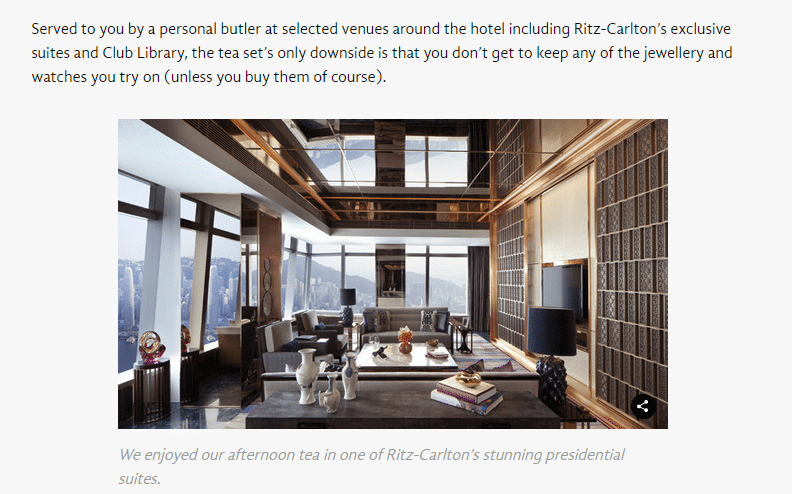
While these three examples might seem vastly different, they have one thing in common:
Each hotel is focusing on providing its clientele with a sensory marketing experience that fits within the hotel brand.
- Virgin is all about convenience, innovation and fun.
- Four Seasons Hotels and Resorts offer experiences that meet the highest standard of excellence.
- The Ritz-Carlton is unparalleled when it comes to the ultimate in luxury.
Clearly, a logo alone isn’t enough to create positive brand associations anymore.
As these three brands have realized, hotels have to go the extra mile to create actual experiences that,
- reflect what their brand stands for
- provides their clientele with a value-added experience that makes their stay better
Consumers Are Placing More Value on Experiences That Hit Their Senses
This is in line with the trend that consumers are increasingly opting to spend their money on experiences rather than physical belongings.
And in the highly competitive hospitality industry, knowing how to provide a branded customer experience (CX) can help you get — and stay — ahead of the competition.
ADD IMAGE
The Influence of Social Media
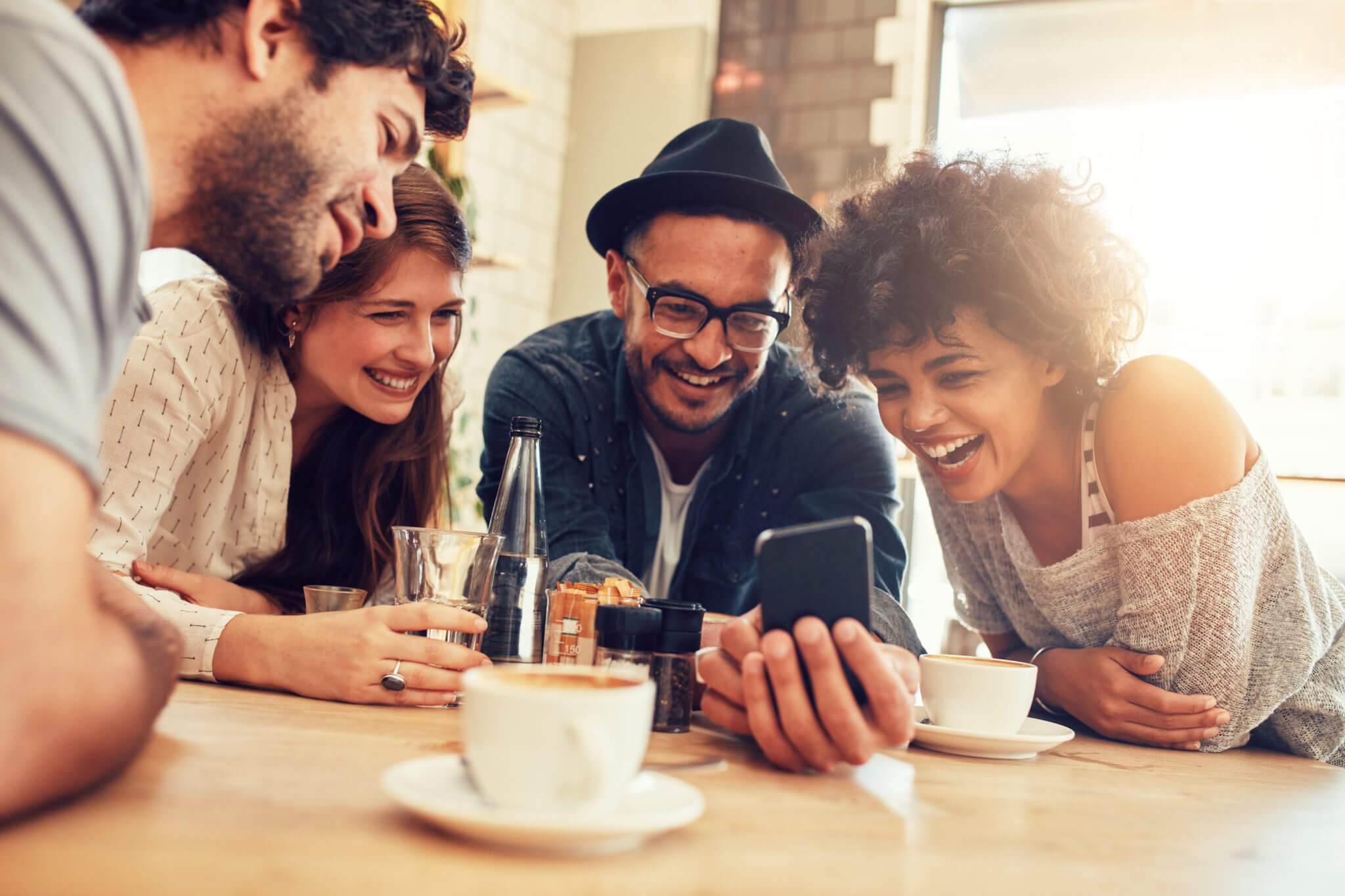
Moreover, we live in a world where consumers share many of their experiences online — including their vacations. From a Facebook post about a leak in the ceiling in a hotel room to an Instagram picture of an exquisite dessert at Michelin-starred Restaurant Guy Savoy in Paris, consumer-generated content on social media heavily influences how consumers think and feel about particular brands.
Consider the following statistics:
Every single day in the U.S. alone,
- there are 2.1 million negative social media comments about brands
- Effective user generated content can have a positive impact on brands. In fact, research shows that it can generate 6.9 times higher engagement than brand generated content — and that’s just on Facebook.
- Other platforms such as Instagram, Twitter and Snapchat might have higher engagement rates.
Making Consumers Brand Ambassadors
Clearly, it’s critical for hotels to engage consumers in a good way and make them brand ambassadors who not only keep coming back themselves, but also encourage others to visit.
To do this, you need to provide a branded customer experience for your guests — one that’s both in line with your brand and an incentive for positive consumer sentiment.
For example, a growing number of hotel brands are enabling their guests to connect with their concierges via Twitter or chat to ask questions about the hotels, as well as the cities where they’re located.
For example, if you’re in Chicago for the first time and you’re staying at Virgin Hotels Chicago, you can use the LUCY™ personal comfort assistant to ask the concierge where you can get the best deep-dish pizza.
The Wyndham Hotel Group Starwood, Hilton and Marriott all offer branded experiences as a part of their rewards programs. These experiences include a range of activities and events, from branded beach vacations to music festivals to helicopter rides over amazing landscapes.

Even Airbnb recently started offering experiences. For instance, if you’re visiting New York City, you can sign up for the “Retired NYPD Crime History and Food Walk.”
In Montréal, you can enjoy rafting on the Lachine Rapids, and if you’re looking for a fun day out in Puerto Rico, you can sign up for the “Tanama Full-Day Cave Adventure.”
The Importance of Shared Values
It’s also important to keep in mind that living up to shared values is an important aspect of providing an outstanding experience.
For example, if you offer your guests a range of branded outdoor adventures and you’re demonstrably taking action to fulfill your commitment to the environment, that will likely contribute to your guests perceiving you as an authentic brand.
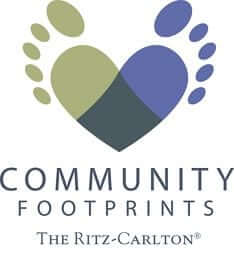
Several hotel brands are already doing this.
For example, the Ritz-Carlton is dedicated to reducing energy and water consumption by a further 20 percent by 2020 compared to 2007. It also partners with local farmers and seafood producers to increase organic and local dining options, and it’s working towards building green hotels.
Marriott International’s values include diversity and inclusion, as well as a 360-approach to serving the public by nurturing and empowering the world, advancing human rights and sustaining responsible operations.
One important step it recently took to promote sustainable operations is the decision to eliminate plastic straws in all its hotels globally by 2019.
Similarly, Sandals Resorts, a chain of all-inclusive resorts that offer luxury beach experiences, operates the Sandals Foundation, which is dedicated to advancing communities, offering educational programs and preserving the environment throughout the Caribbean.
Emotions and Positive Experiences
Ultimately, emotions play an important role in brand perception.
And travel, whether it’s for business or for pleasure, is all about emotions — it can be hugely stressful or wonderfully memorable. As a hotel brand, you have the opportunity to connect at a deeper level with your guests by offering them branded experiences that make their stay more pleasurable, fun and exciting.
And that in turn can go a long way to turning one-time guests into repeat customers, as well as passionate advocates for your brand.
To learn more about tapping into emotions to deliver a more memorable customer experience, let us help you create the social moments that guests crave.
BONUS: Learn how to use social media for converting leads to sales with the art of social commerce
Editor’s Note: This post was originally published in 2018 and has been updated for freshness,accuracy, and comprehensiveness.

